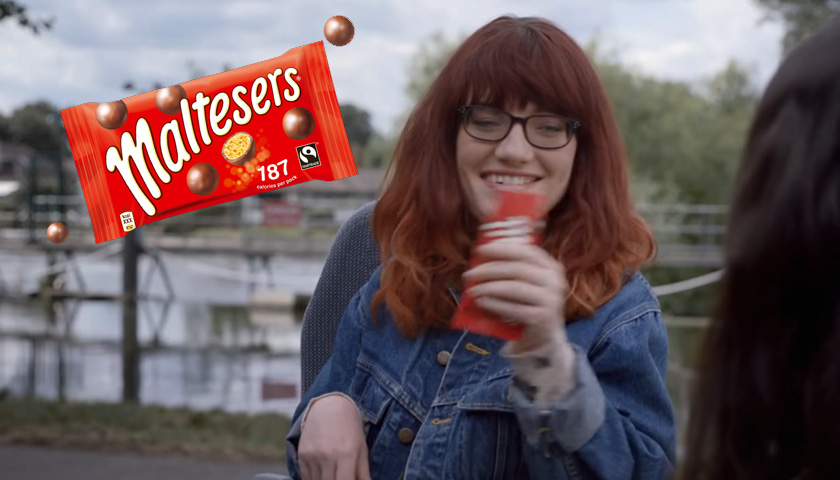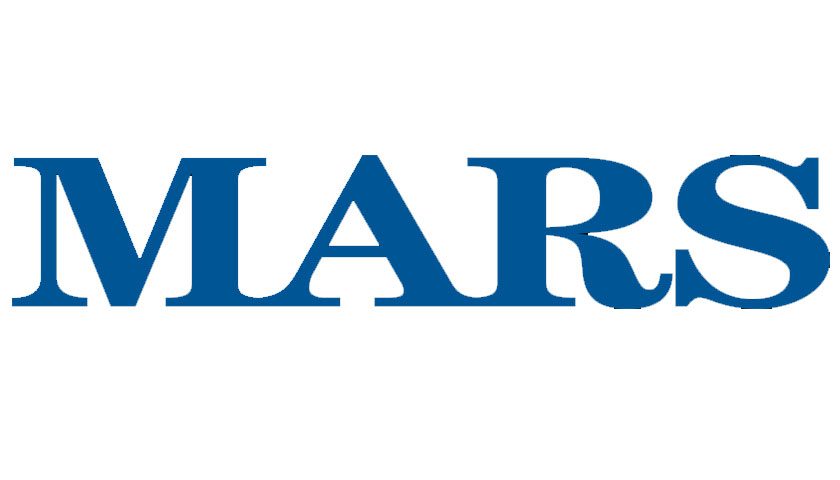In 2016, Mars Chocolate UK launched a series of adverts for its Maltesers brand that championed diversity and disability after winning Channel 4’s £1m Superhumans Wanted competition, as it looked to break down the taboo surrounding disability.
Mars launched 3 new ads, which were created by Mars Chocolate and AMV BBDO. They were be broadcast for the first time on Channel 4 during the 2016 Paralympics Games Opening Ceremony.
Mars Chocolate UK’s vice-president of marketing Michele Oliver speaking to Marketing Week at the time admitted the company previously “did not fully represent the diversity of the consumers who buy and enjoy its brands”.
The advertisements were designed to fit in with Maltesers’ ‘Look on the Light Side’ series. The ads were developed in response to Channel 4’s Superhumans Wanted competition, which sought to encourage advertisers to feature disability in their ads. Mars Chocolate UK and AMV BBDO beating 90 other brands, to win £1m of the broadcaster’s commercial airtime for its creative idea.
The ads themselves were inspired by real-life stories from disabled people, and aimed to celebrate awkward situations from embarrassing moments with new boyfriends to behaving badly at a wedding. It was hoped the ads could break down taboos and challenge peoples perceptions of people with disability by utilising humour.
“In terms of why we hadn’t featured disability in our ads before, the honest answer is that we had not sufficiently thought about it,” admitted Oliver.
Figures by disability charity Scope revealed that 80% of disabled people feel underrepresented by TV and the media. Michele Oliver added: “This is not a competitive play, as we believe the whole industry needs to embrace diversity. Unilever is particularly strong. At Mars, we want to issue a rallying cry and look at how we can change the face of communications so that we represent the British population in all its diversity.”
Mars says this series of ads is “just the first step of its journey” to champion diversity, as it is now looking to change the way it casts people in its advertisements.
“We now have a different casting brief that we give to our agencies. We want to widen the doors and encourage all diversity, whether that’s ethnicity, disability or any other aspect. We need to bring in a lot more diversity when it comes to the way we represent family advertising.”
One benefit of Mars’ new approach that Oliver did not anticipate was the “increased creativity” that it unlocked. However, she insists that the company does not want to treat diversity as a “tokenism”.
“We want to look at how we can put a diversity lens on our advertising ideas, but only where appropriate. It isn’t a tokenism and it has to make sense. Ultimately, we want to make ads that are memorable and that the public can connect with,” she explained.
“Successful ads are entertaining, talked about and help us sell more Maltesers. If all those things happen [with our three ads], we will continue to use them beyond the Paralympics.”
Ads Effect
In May 2017 Michele Oliver, vice-president of marketing at Mars UK, told Campaign that the three ads were “the most successful campaign for an 80-year-old brand that we’ve had for over a decade. This has broken through all the barriers that we were facing”.
In practical terms YouTube views for the launch ad, “New boyfriend”, broke the two million barrier within the first 24 hours. This was more than double Maltesers’ target of one milliont, while brand affinity was 20% – also double the brand’s target
Links
https://www.4sales.com/advertising/superhumans/what-is-this/
http://www.campaignlive.co.uk/article/maltesers-disability-campaign-most-successful-decade/1433980

